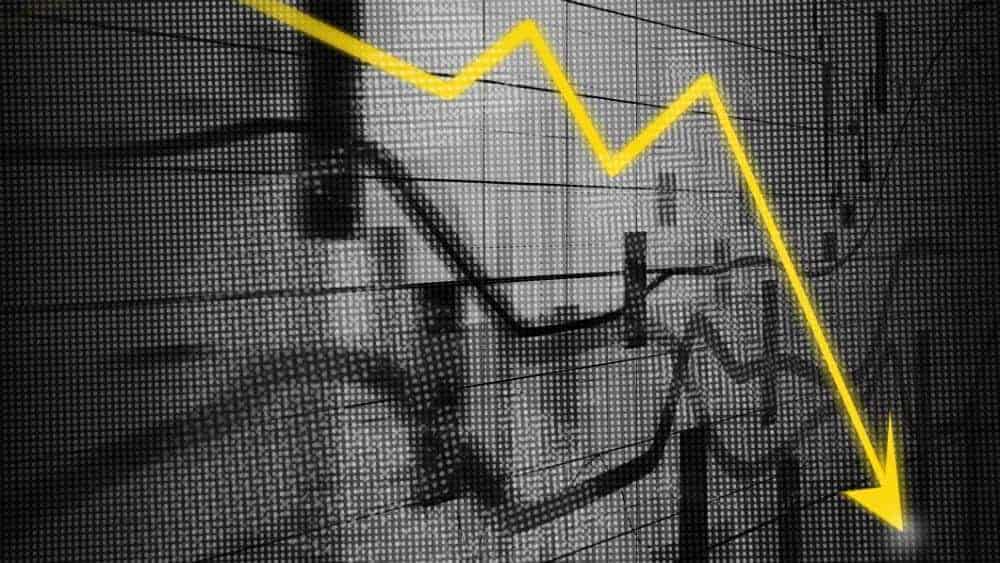It’s been a tumultuous year for investors and individuals, to say the least. The COVID-19 pandemic has created unprecedented uncertainty that drove stock markets lower by 35% in early 2020. While the equity markets have made a strong comeback, here’s why I think the snap-back rally is unsustainable.
A second COVID-19 wave
In the first three trading sessions of the week, the broader markets have lost significant momentum due to the rising coronavirus cases in North America and Europe. The Dow Jones Index fell 3.4% on October 28, while the S&P 500 was down 3.5%. Comparatively, the iShares S&P/TSX 60 Index ETF declined by 2.5%.
France has re-imposed lockdown measures, while Germany announced tighter restrictions, dragging several stocks lower. Consumer spending may come to a standstill if other countries follow suit, which will decimate companies across sectors.
High unemployment rates
Another reason for concern is the high unemployment rates in Canada. The country’s unemployment rate stood at 13.7% in May, and though it fell to 10.2% in September, it remains significantly higher compared to the past economic recessions.
The Canadian government continues to support unemployed individuals by providing federal benefits under the revised Employment Insurance (EI) program. However, the $2,000-a-month payout will just cover basic needs. Further, there are some Canadians who have borrowed debt to fund their expenses, which might increase the default rates in the near term.
An upcoming presidential election
The presidential race between Donald Trump and Joe Biden will continue to weigh on equity markets. According to historical data, the markets tend to underperform in the first two years after an election takes place and recover in the final two years.
The Warren Buffett Indicator
The market cap-to-GDP ratio, also known as the Warren Buffet Indicator, shows us if the equity markets are overvalued or not. If this ratio is over 100%, the markets are trading at a premium and vice versa. The market cap-to-GPD ratio for the S&P 500 is around 175%, which clearly indicates the stock markets are not in sync with the economy and may enter bear market territory sooner rather than later.
Long-term investors should view a market crash as an opportunity
We can see that a market crash is a very real possibility in the near future. While it is impossible to time the market, investors should not panic due to heightened volatility in the upcoming months.
Market corrections are a regular occurrence. In fact, there have been 38 times the S&P 500 has lost over 10% since 1950, which means there is a correction once every 1.84 years. Investors can use this opportunity to reassess their portfolio and identify quality stocks that can be bought at a cheaper valuation.
Every single market crash has been erased by a bull rally, lifting equity markets to record highs time and again. Canadian investors who do not have the time or expertise to invest in individual stocks can consider investing in the iShares S&P 500 ETF CAD Hedged (TSX:XSP).
This ETF replicates the performance of the S&P 500 and provides investors exposure to the 500 largest companies south of the border. The ETF is hedged, which means you will not have to worry about foreign exchange fluctuations.
Warren Buffett is a big fan of equity investing and had once advised, “Just pick a broad index like the S&P 500. Don’t put your money in all at once; do it over a period of time.”
ETFs provide you access to a basket of stocks, which significantly lowers your risk profile. Further, the S&P 500 is one of the most diversified ETFs with some of the largest companies in the world, including big-tech heavyweights like Apple, Amazon, Alphabet, Microsoft, and Facebook.
The XSP ETF has returned 161% in the last decade and has a dividend yield of 1.8%.









